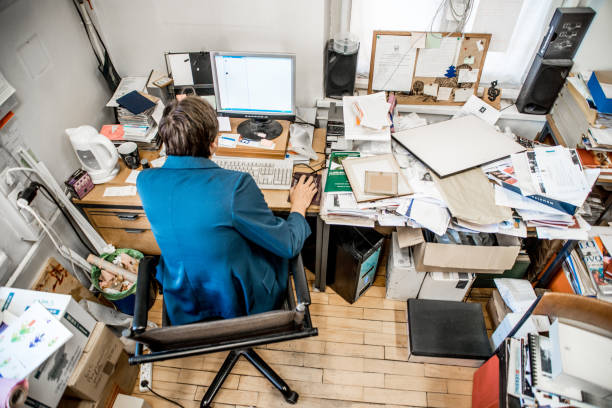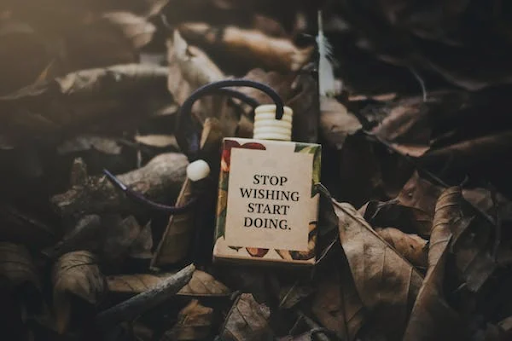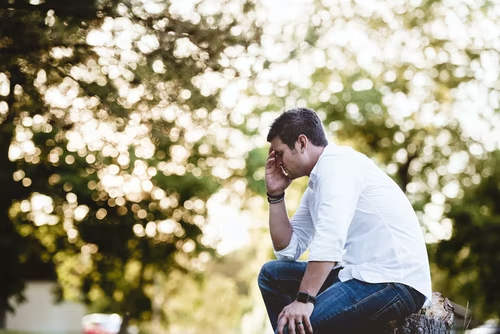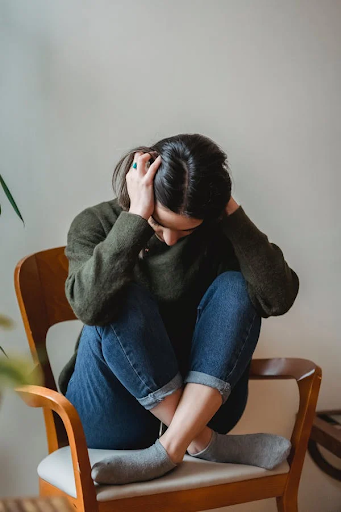8 Reasons Why Some People Don’t Survive From Depression
Depression is an illness. Sometimes people just can't cope with the situations they're in, and that's something we should all understand and empathize with. But what about those who do not survive from depression? Here are eight reasons why some people don't survive from depression.
1. They are not willing to seek help
Depression is treatable, but many people don't seek treatment. According to a survey conducted by the National Alliance on Mental Illness (NAMI), nearly half of all Americans know someone with a mental health condition, but only about 20 percent seek help for their own mental health issues.
The NAMI survey also revealed that only 1 in 4 Americans seeks treatment for depression symptoms when they first appear.
Many people are not willing to seek help because they don't want others to find out about their condition. They may feel like they're too weak or need too much help. In addition, some people may be scared of being judged by others if they tell them about their depression symptoms, which could make them feel even worse than before seeking treatment.
Some people also believe that if they just try harder, they will be able to overcome their depression without outside help.
2. They don't have enough social support
Social support is one of the most important factors in determining whether or not someone with depression can survive. If you don't have enough of it, you're more likely to feel isolated and alone, which can make your depression worse.
This is because it helps us to feel connected to others, and it can help us to see life in a more positive light. When we aren't getting enough social support, it can make us feel isolated from others and less hopeful about our future. This can lead to more depression, which then leads to more isolation and hopelessness—a cycle that can be hard to break out of without professional help.
If you have good social support, you'll know that there are people who care about you and will be there for you when things get tough. This can help you feel less isolated and alone, which is especially important if you're dealing with a mental illness like depression.
In addition to that, knowing that there are people who are always to love and support will push you to become better unlike when you have no one.
3. They do not follow their treatment plan
If you are suffering from depression, it is extremely important to follow your doctor's instructions as closely as possible. However, other people failed to do this simple thing.
Maybe one of the reasons for this is they become discouraged when they don't see immediate results. That’s why they stop taking their medication or attending therapy sessions.
It is important to know that this is a mistake because depression has a way of sneaking up on you when you least expect it. If you leave yourself vulnerable to depression by neglecting your treatment plan, you may find yourself in a very dangerous position.
Worst, if you are not taking the correct medications or dosages, then you may be unable to properly manage your symptoms and prevent them from returning.
4. They try to self-medicate using drugs or alcohol
Self-medication can mask the symptoms of depression for a short time, but it does not address the underlying issue. Many people who suffer from depression may use alcohol or drugs because they think that those substances will help them feel better, but they don't realize that they are actually making their depression worse by doing this.
When you're trying to treat your symptoms with substances like these, you might notice that they help at first but then become less effective over time. This is because you're still dealing with the underlying issue — which is depression — and so you won't feel any better unless you take steps to address it directly through therapy or medication. However, if you're struggling with depression, you should seek help from a doctor or therapist as soon as possible. They can help you manage your symptoms and get back on track with your life.
5. They have a history of depression in the family
People who have had depression in their family are two to three times more likely to develop the condition than people who haven't, according to a 2018 study published in the Journal of Affective Disorders.
The researchers found that this is because genetics plays a significant role in depression. In fact, they concluded that genetic factors account for about 50% of the increased risk of developing depression if you have a family history of it—and even more if you have both parents with mental health issues.
While it's possible to overcome depression without medication and therapy, this can be difficult for many people with a strong genetic predisposition toward mental illness due to the severity of their symptoms or the complexity of their condition.
6. Their condition is complicated by other physical illnesses or injuries
When you're physically ill, your body is dealing with so much that it can be hard to keep up with the mental symptoms of depression. You may not be able to get out of bed, or you may feel like your brain is foggy all the time. Sometimes this fog isn't just in your head—it's because there's something wrong with your body! And when you add on top of that all the other things that come along with depression (like suicidal thoughts), it becomes even harder to focus on getting better when you're dealing with an illness.
In addition, sometimes the medications used to treat physical illnesses can cause side effects that make us feel worse than before we started taking them. That’s why other people chose to not take their medication which in turn can make their physical and mental illness worse.
7. They have recently lost a loved one or become unemployed
There are many reasons why people don't survive from depression, but one of the most common ones is the loss of a loved one. A loss like this can cause feelings of grief and depression that can be difficult for anyone to overcome. It's also common for people who have recently lost someone they care about to feel isolated and alone. This isolation can make it harder to seek help or reach out to others in times of need.
Another reason why some people don't survive from depression is because they become unemployed. When you're out of work, there's little incentive to get out of bed in the morning, much less get treatment for your mental health issues. Without a steady income or financial stability, it's easy for things to spiral out of control quickly—and when that happens, it can be difficult to get back on your feet again without professional help. However, the problem is that without money, you cannot buy medications and go to therapy. That’s why some depressed people who suddenly become unemployed don’t survive from depression unless they have a family who will willingly fund their medications.
8. They do not believe in themselves and feel hopeless about the future
Feeling hopeless about the future is one of the main reasons why some people don't survive from depression. If you're struggling with depression, you may feel like there's no way out—that nothing will ever get better and everything will always be this way. In reality, most people with depression eventually recover from their symptoms. But if you allow yourself to believe that nothing good will ever happen again, then it will be harder for you to reach out for help when you need it most.
This is why it's important for people who are struggling with depression to understand that things can change for the better—and that they can find happiness again if they put in the hard work to get better!
Therefore, all of us need to be more understanding and supportive for those people who are suffering from depression. We may not realize that a person who is depressed may ignore invitations from friends and family or avoid celebrations. When you see a person like this, don't judge them; instead, offer help. Remember that today's depressed person could be tomorrow's suicide-victim.
For more helpful and informative insights, visit here.





